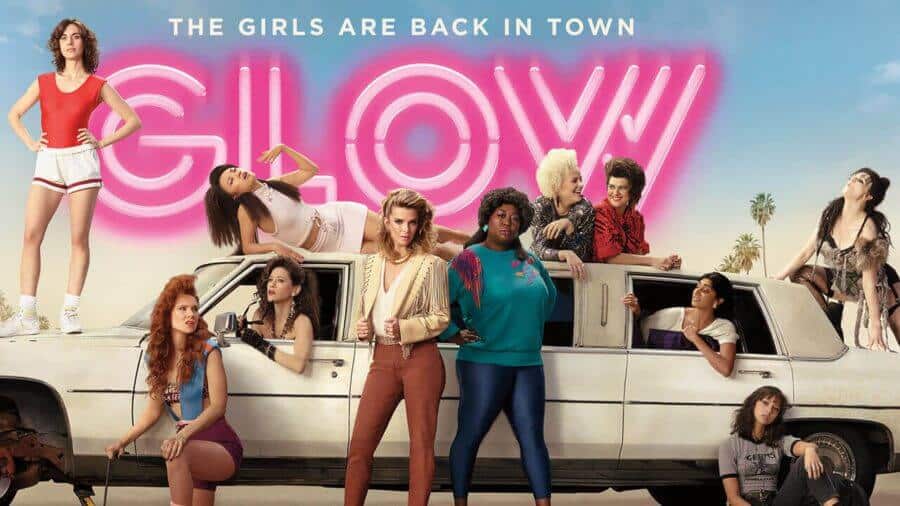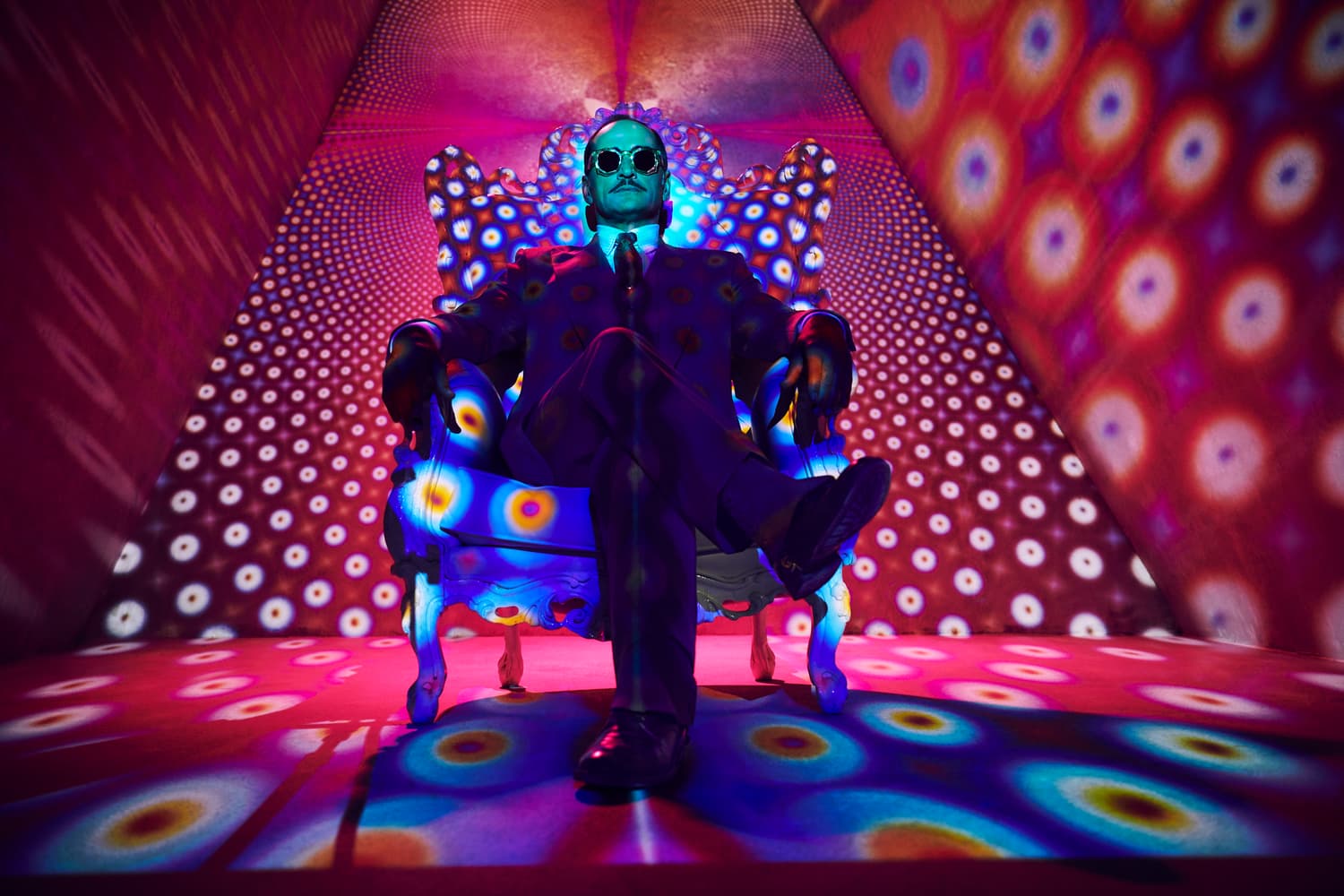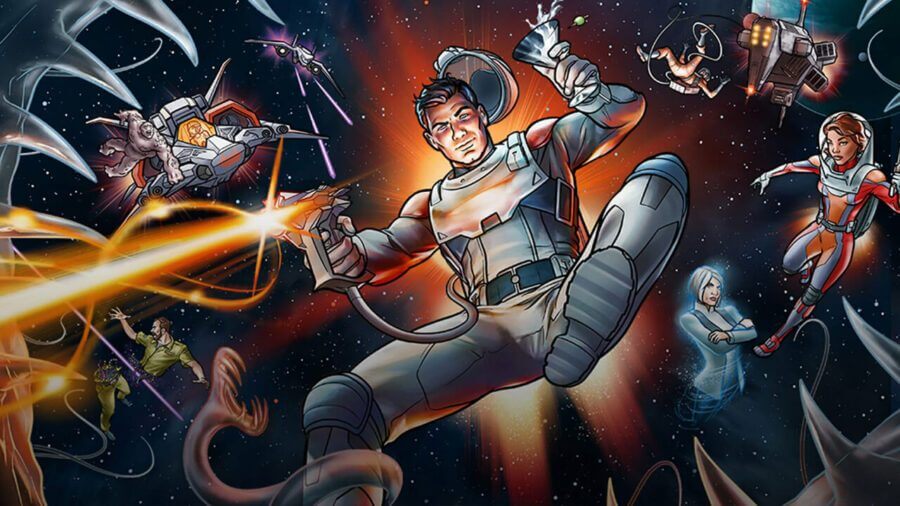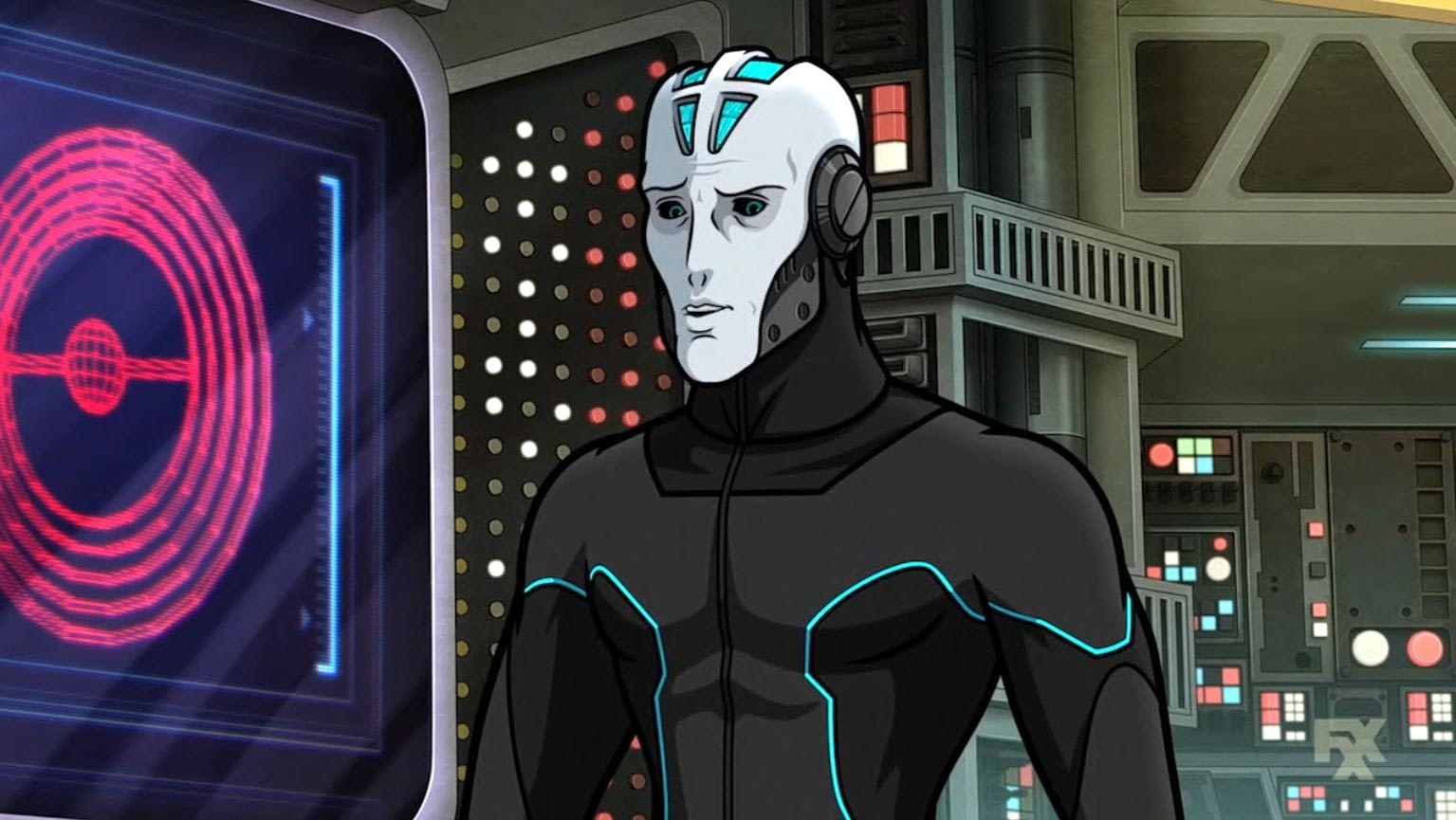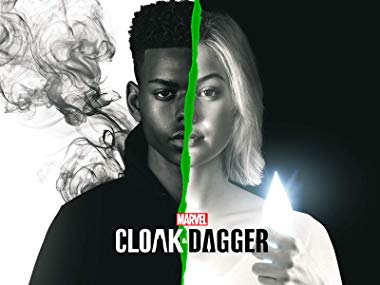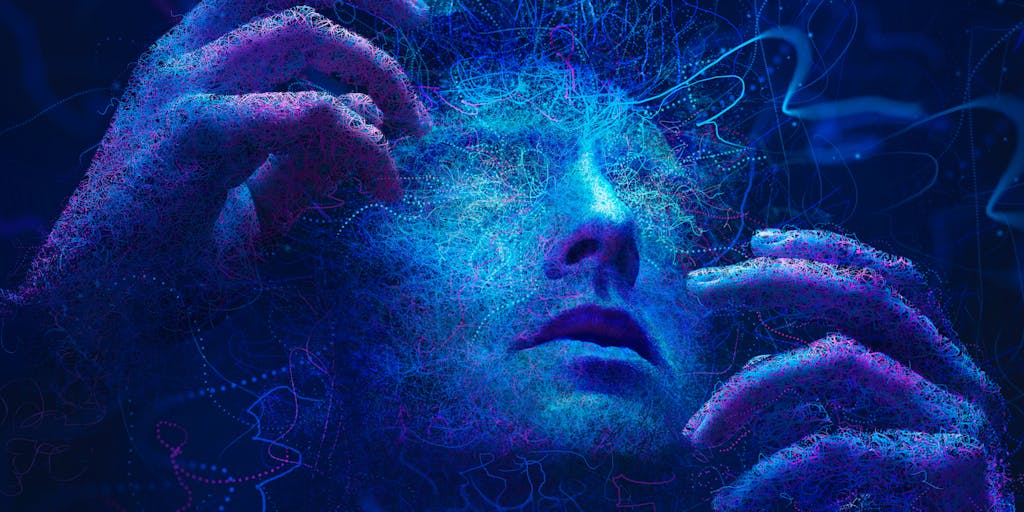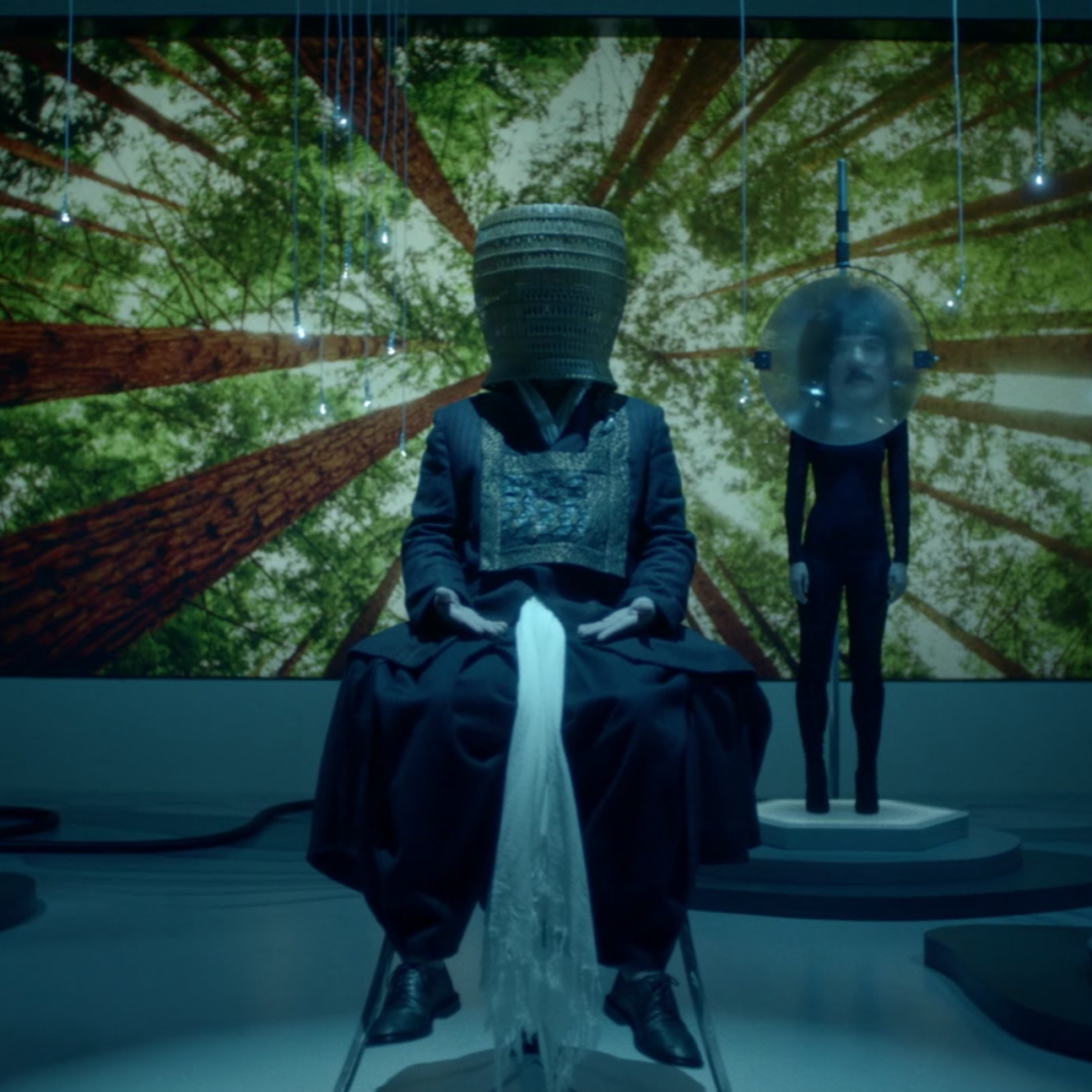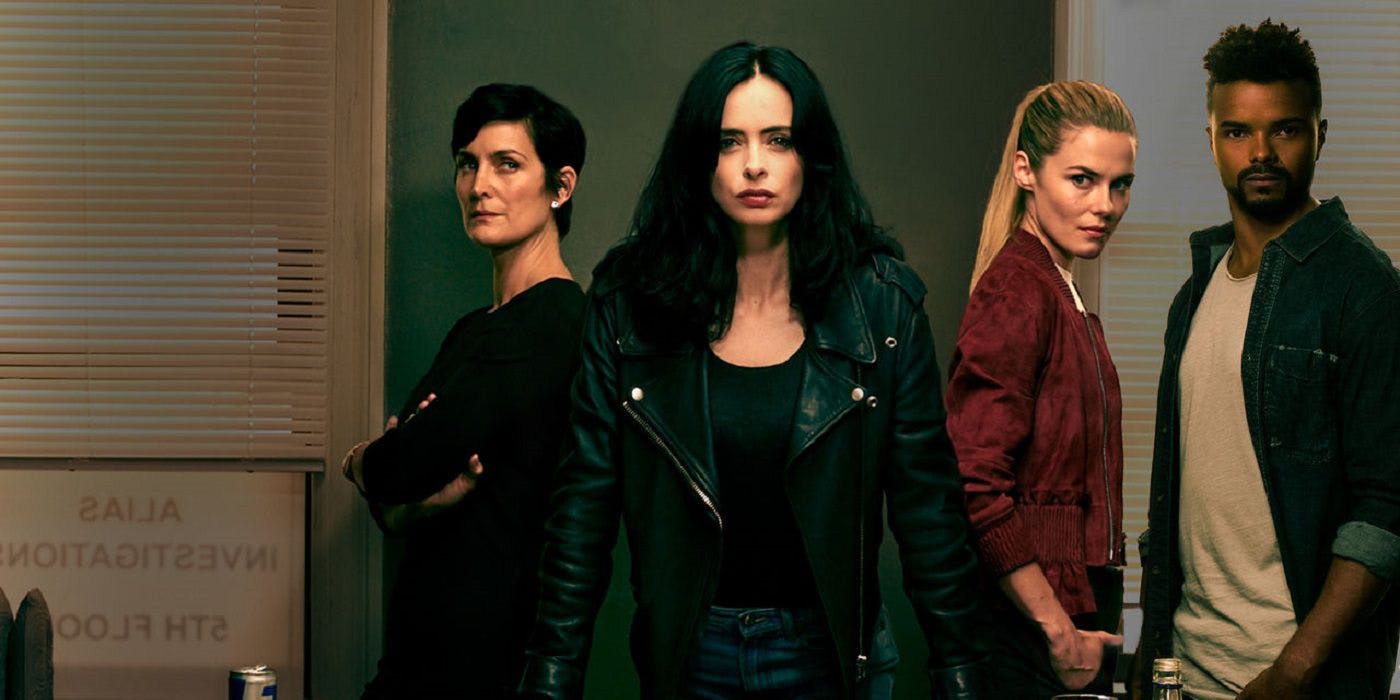And so the tale of the Preacher, adapted from the 1990s comic book to which I had almost religious devotion, comes to a close. For me, it ended about the same way it began - compelling enough and with appropriate respect for the source material, but never quite living up to its potential.
This fourth and final season brings everything to its insane conclusion. Jesse Custer has been tapped and trapped into being the world's Messiah by the ultra-powerful, mostly secretive organization The Grail. The Grail is now headed by the cold, psychotic, and vengeance-obsessed Herr Starr. After being jilted by Custer, Starr brokers a truce between a resurrected duo of Adolf Hitler and Jesus of Nazareth (yes, you read that right). While this ultimate odd couple tries to figure out how to jump-start the Apocalypse in order to save and remold the world into The Grail's vision, Jesse dies and is offered a seat as the new God, to replace the deity who has long since abandoned his post as omniscient overseer of the universe. Tulip and Cassidy, Jesse's ex-girlfriend and his best friend, stay involved and on the run from the long reach of The Grail, while also trying to foil their planned Apocalypse.
The finale season doesn't really offer anything new or drastically different from the first three seasons, in terms of tone or direction. It's wildly irreverent, packed with cartoonish ultra-violence, and is rather difficult to anticipate, even for those of us who know the source materials very well. The casting is spot-on, the acting is really strong, and the anything-goes attitude and tone are faithfully maintained right through the entire season.
For its strengths, though, this series underwhelmed me. So much so that working through the final two seasons felt like more of an obligation than something I looked forward to. This is probably why it took me a year to finally get through the final season, going back to it on and off.
I've explained the elements which have bothered me about the show in my earlier posts reviewing seasons one, two, and three. Those issues came into even sharper relief in this final season. The original comic, written by Garth Ennis, was always a wild ride, but it was one that did have its own logic. Even in terms of what some of the immensely powerful characters could or could not do, it maintained a nice amount of internal consistency. The same could not be said of the TV show. It was almost never clear exactly what laws or rules governed the fantastic powers that characters like Genesis, Cassidy, The Saint of Killers, the angels, the demons, or even God. I've always found that tales like this - which rely on their own mythology - are best when that mythology has been carefully considered and has a certain cohesion. Without it, continuity and any sense that you can get a grip on the world is weakened. This was a problem with the TV adaptation of Preacher for me.
Again, I give the TV show runners, Sam Catlin, Evan Goldberg, and Seth Rogan, plenty of credit for trying their best to bring this story to TV life. They very clearly are fans of the source material and respected it a ton. And I was glad to see that they had the guts to take the story and characters into directions different from the comic, rather than just give a live-action rendering of Ennis's exact tale. That's always a gamble, especially with material that had such a devoted fanbase. For me, though, the end result was something that fell just a bit short of being satisfying.
In looking over the general critical and fan reception, I may be in the minority on this one. Looking at scores on Metacritic, the show received mostly positive reviews, all around. This suggests that someone looking for a pretty crazy, no-hold-barred, horror fantasy TV show may want to give this one a shot. Believe me - you'll be able to tell within the first ten minutes whether it's your bag or not.
This fourth and final season brings everything to its insane conclusion. Jesse Custer has been tapped and trapped into being the world's Messiah by the ultra-powerful, mostly secretive organization The Grail. The Grail is now headed by the cold, psychotic, and vengeance-obsessed Herr Starr. After being jilted by Custer, Starr brokers a truce between a resurrected duo of Adolf Hitler and Jesus of Nazareth (yes, you read that right). While this ultimate odd couple tries to figure out how to jump-start the Apocalypse in order to save and remold the world into The Grail's vision, Jesse dies and is offered a seat as the new God, to replace the deity who has long since abandoned his post as omniscient overseer of the universe. Tulip and Cassidy, Jesse's ex-girlfriend and his best friend, stay involved and on the run from the long reach of The Grail, while also trying to foil their planned Apocalypse.
The finale season doesn't really offer anything new or drastically different from the first three seasons, in terms of tone or direction. It's wildly irreverent, packed with cartoonish ultra-violence, and is rather difficult to anticipate, even for those of us who know the source materials very well. The casting is spot-on, the acting is really strong, and the anything-goes attitude and tone are faithfully maintained right through the entire season.
For its strengths, though, this series underwhelmed me. So much so that working through the final two seasons felt like more of an obligation than something I looked forward to. This is probably why it took me a year to finally get through the final season, going back to it on and off.
I've explained the elements which have bothered me about the show in my earlier posts reviewing seasons one, two, and three. Those issues came into even sharper relief in this final season. The original comic, written by Garth Ennis, was always a wild ride, but it was one that did have its own logic. Even in terms of what some of the immensely powerful characters could or could not do, it maintained a nice amount of internal consistency. The same could not be said of the TV show. It was almost never clear exactly what laws or rules governed the fantastic powers that characters like Genesis, Cassidy, The Saint of Killers, the angels, the demons, or even God. I've always found that tales like this - which rely on their own mythology - are best when that mythology has been carefully considered and has a certain cohesion. Without it, continuity and any sense that you can get a grip on the world is weakened. This was a problem with the TV adaptation of Preacher for me.
Again, I give the TV show runners, Sam Catlin, Evan Goldberg, and Seth Rogan, plenty of credit for trying their best to bring this story to TV life. They very clearly are fans of the source material and respected it a ton. And I was glad to see that they had the guts to take the story and characters into directions different from the comic, rather than just give a live-action rendering of Ennis's exact tale. That's always a gamble, especially with material that had such a devoted fanbase. For me, though, the end result was something that fell just a bit short of being satisfying.
In looking over the general critical and fan reception, I may be in the minority on this one. Looking at scores on Metacritic, the show received mostly positive reviews, all around. This suggests that someone looking for a pretty crazy, no-hold-barred, horror fantasy TV show may want to give this one a shot. Believe me - you'll be able to tell within the first ten minutes whether it's your bag or not.



